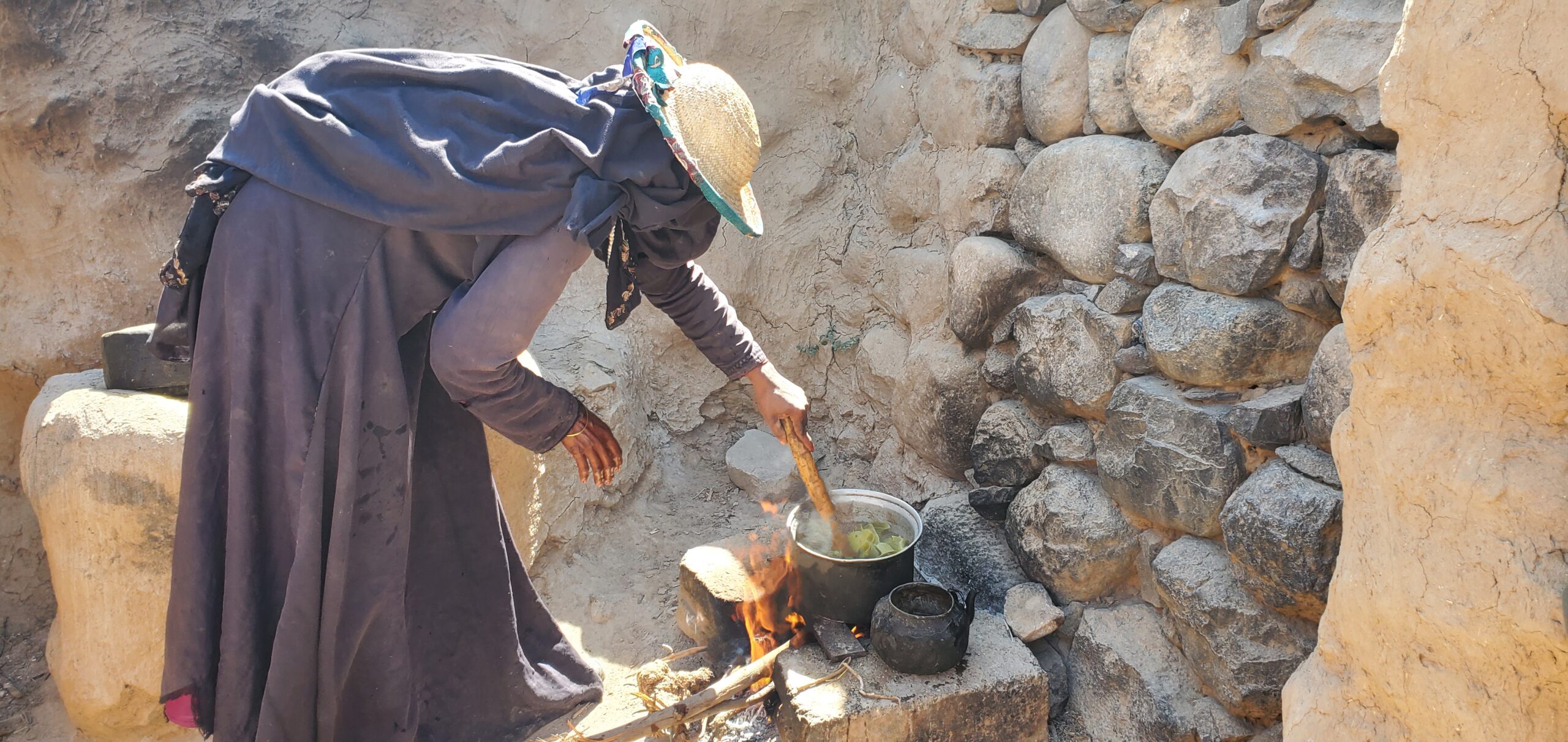“Yemeni women are capable and determined, but can’t perform miracles out of nothing”
Tuesday, 26 March 2024 – Today marks a bitter milestone for the people of Yemen as they pass the ninth year of a long conflict impacting the lives of each and every one across the country.
Since the truce – brokered in April 2022 and which expired six months later – Yemen has remained in relative calm in terms of active conflict. However, under this layer of calm lies a concerning state of anguish.
According to the 2024 Humanitarian Response Plan for Yemen, an estimated 18.2 million people are in need of humanitarian assistance. This includes 4.2 million women and 4.8 million girls – a staggering 49 percent. With a fragile roadmap to peace and an uncertain future, Yemeni women and girls, who are an integral part of Yemen’s recovery, are bearing the brunt, mostly in silence.
“After close to a decade of instability and displacement, Yemeni women, especially those who are singlehandedly taking care of their families, feel they lack prospects to become self-reliant and rebuild their lives. They are very preoccupied by helping their families to merely survive, many living on just one meal a day these days. Unfortunately, the light at the end of the tunnel for them seems dimmer and dimmer, particularly as the humanitarian support they relied on is noticeably diminishing,” says Bushra Aldukhainah, CARE Yemen’s Programme Coordinator.
Women like Khadijah, a mother of four who escaped conflict and lives in displacement, have had to rely on food assistance to protect their children from hunger and to ensure they stay in school. These days, Khadijeh has to nourish her children with simple bread scraps dipped in tea for breakfast before they head out to school. “We don’t have much access to clean water or healthcare, but now I’m also worried about how little they’re eating. I don’t think I can keep them in school for much longer because what little money I might have, I’ll be spending on food for them. Any hope for them to stand on their own feet when they grow up is fading,” says Khadijah.
Over 30 percent of Yemeni girls are married before the age of 18 – many because families are unable to feed them. The current dire economic situation and diminishing humanitarian and development funding are very likely to result in increases in these numbers.
“Yemenis want to secure a strong future for their children. Instead, they’re forced to focus on meeting immediate lifesaving needs, with some having to make very difficult, potentially irreversible decisions, particularly for their daughters,” says Iman Abdullahi, Country Director for CARE Yemen. “Yemeni women are capable and determined, but they can’t perform miracles out of nothing. Not being able to meet either the immediate or longer-term needs of their families is going to mean the struggles will continue for generations ahead.”
At present over 4.5 million Yemeni children (one out of four) do not attend school, jeopardizing their future and increasing protection risks. School-aged girls between 6 to 14 years are among the most vulnerable groups at risk of missing education.
“The more we see early marriages because families simply cannot meet the most basic needs, the more we’ll witness the ensuing consequences – mortality among children being born to mothers under 20, more risks on maternal and adolescent girls’ health, more dropouts from education, and increased child labour.
These women and girls, along with men and boys, constitute Yemen’s future, and it is the next generation who will be more impacted by this concerning situation. We urgently call on all parties involved, including the international community, to place Yemeni people, particularly women and girls, at the very heart of their decisions and actions,” urges Abdullah. “We hope that after a decade, they’ll be able to be hopeful of flourishing into the remarkable and inspiring people we know they are.”
CARE has been present in Yemen since 1992 and operates across 14 governorates, reaching approximately 2.8 million people a year with food security and livelihoods, water, sanitation and hygiene (WASH), reproductive health, women’s economic empowerment, and education programmes.
For more information visit
Wbsite: careyemen.org
Twitter: @care_yemen
For media enquires please contact Shahrzad Amoli, Advocacy and Communications Coordinator, CARE Yemen – Email: shahrzad.amoli@care.org


